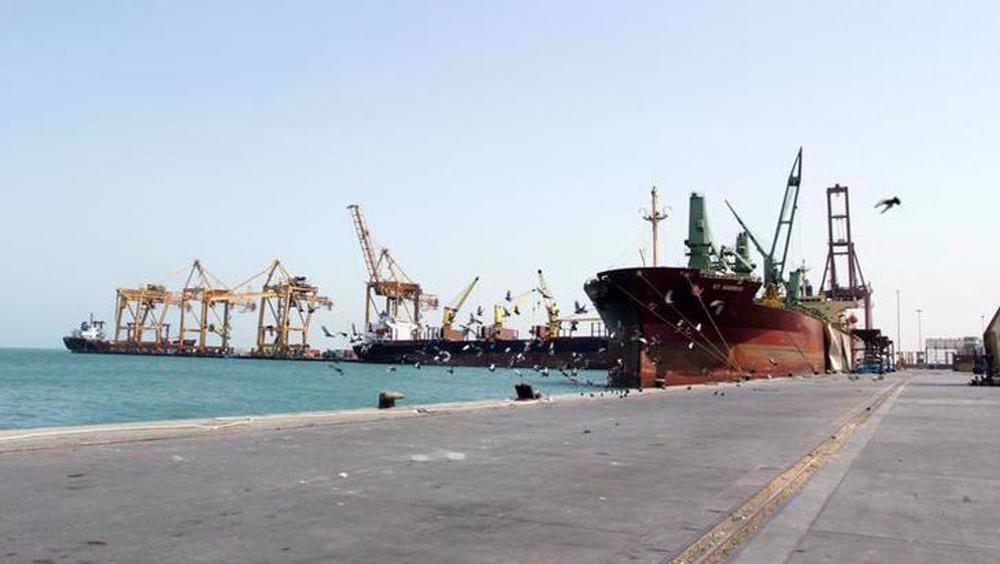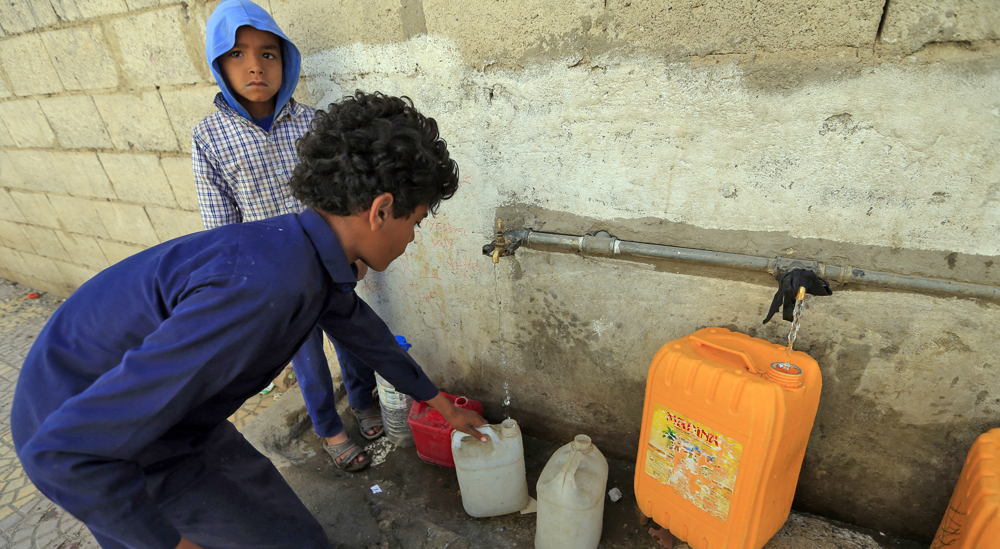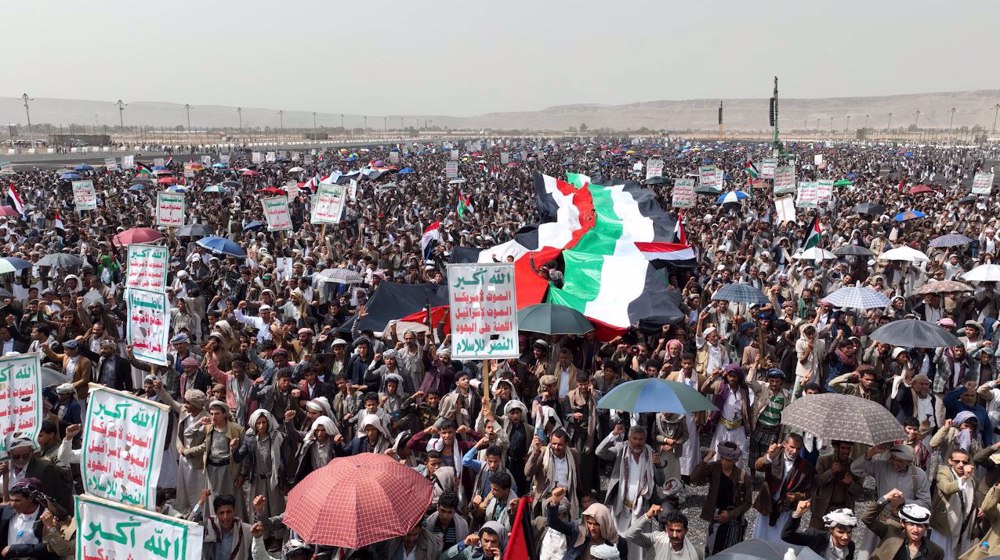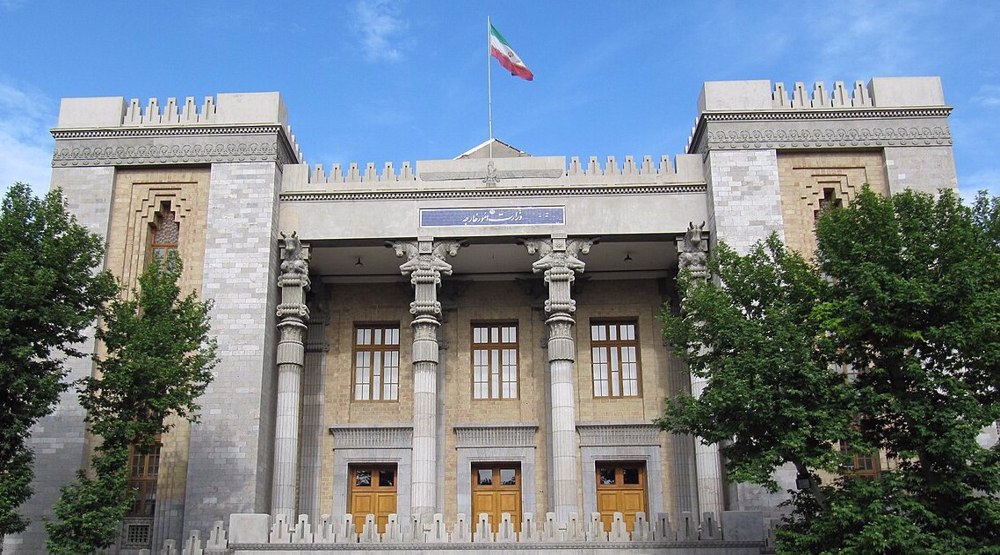First fuel ships dock at Yemen’s Hudaydah following ceasefire
The first fuel ships in years have docked at Yemen’s besieged port of Hudaydah against the backdrop of an agreement between Yemen and the Saudi-led coalition to hold a two-month ceasefire brokered by the United Nations.
Over the past one and a half years, the coalition has prevented dozens of ships from entering Hudaydah, which is the lifeline to many Yemenis, and blocked Yemen’s much-needed fuel imports amid a crippling siege of the port.
On Friday, the UN announced that the two warring sides had agreed on a two-month ceasefire that would come into effect on Saturday and could be renewed with consent of the parties.
UN special envoy for Yemen Hans Grundberg said at the time that the aim of the ceasefire “is to give Yemenis a necessary break from violence, relief from the humanitarian suffering, and most importantly hope that an end to this conflict is possible.”
On Monday, the Yemen Petroleum Company (YPC) said in a statement, “The fuel ship, Ceasar, has now arrived to the port of Hodeida after being held up for 32 days.” A day earlier, it also announced the arrival of the first boat after it had been “held up for 88 days.”
The current shipment “will not end the fuel crisis, as the demand is very high... but it could alleviate its severity,” said Essam al-Moutawakel, a spokesman for the YPC.
Under the UN-brokered truce, all ground, air and naval military operations, including cross-border attacks, should cease.
Eighteen fuel ships will also be allowed into Hudaydah and two commercial flights a week can resume in and out of the Sana’a international airport.
“These ports are critical entry points for fuel, food and other essential commodities into Yemen,” said David Gressly, the UN humanitarian coordinator for Yemen. “The resumption of some commercial flights into and out of Sana’a International Airport will be welcome news to many Yemenis, including those who have been waiting for an opportunity to seek medical treatment or education abroad and for families who hoped to reunite” over the Muslim holy month of Ramadan, which began on Saturday, Gressly said.
Separately, Khaled al-Shayef, the director general of the Sana’a airport, said the first flights between the Yemeni capital and Egypt’s capital, Cairo, were “expected within the next two days.”
“The two trips (per week) do not meet 10 percent of the Yemeni people’s needs, but we consider it the beginning to fully opening the airport.”
More than 23 million Yemenis face hunger, disease, and other life-threatening risks as the country’s basic services and economy are collapsing, according to the UN Office for Humanitarian Coordination (OCHA).
Saudi Arabia launched the devastating war on Yemen in March 2015 in collaboration with a number of its allies and with arms and logistics support from the US and several Western states.
The objective was to return to power the former Riyadh-backed regime and crush the popular Ansarullah resistance movement, which has been running state affairs in the absence of an effective government in Yemen.
The war has stopped well shy of all of its goals, despite killing tens of thousands of Yemenis and turning the entire country into the scene of the world’s worst humanitarian crisis.
Yemeni forces have grown stronger in the face of the Saudi-led invaders, advancing toward strategic areas held by Saudi-led mercenaries, including Ma’rib province, and conducting several rounds of counterstrikes against Saudi Arabia and the United Arab Emirates (UAE) in recent months.
VIDEO | Press TV's news headlines
July 26: ‘Axis of Resistance’ operations against Israeli occupation
Palestinian resistance fighters hit Israeli Merkava 4 tanks
VIDEO | UK police brutal assault on Muslim family sparks outrage, protests
Hamas: Death of leader in Israeli jail amounts to murder
EU sends €1.5 billion to Ukraine from frozen Russian assets
VIDEO | Millions of Yemenis rally for Gaza, call for more anti-Israel operations
UN chief calls for Olympic truce as games begin in Paris












 This makes it easy to access the Press TV website
This makes it easy to access the Press TV website